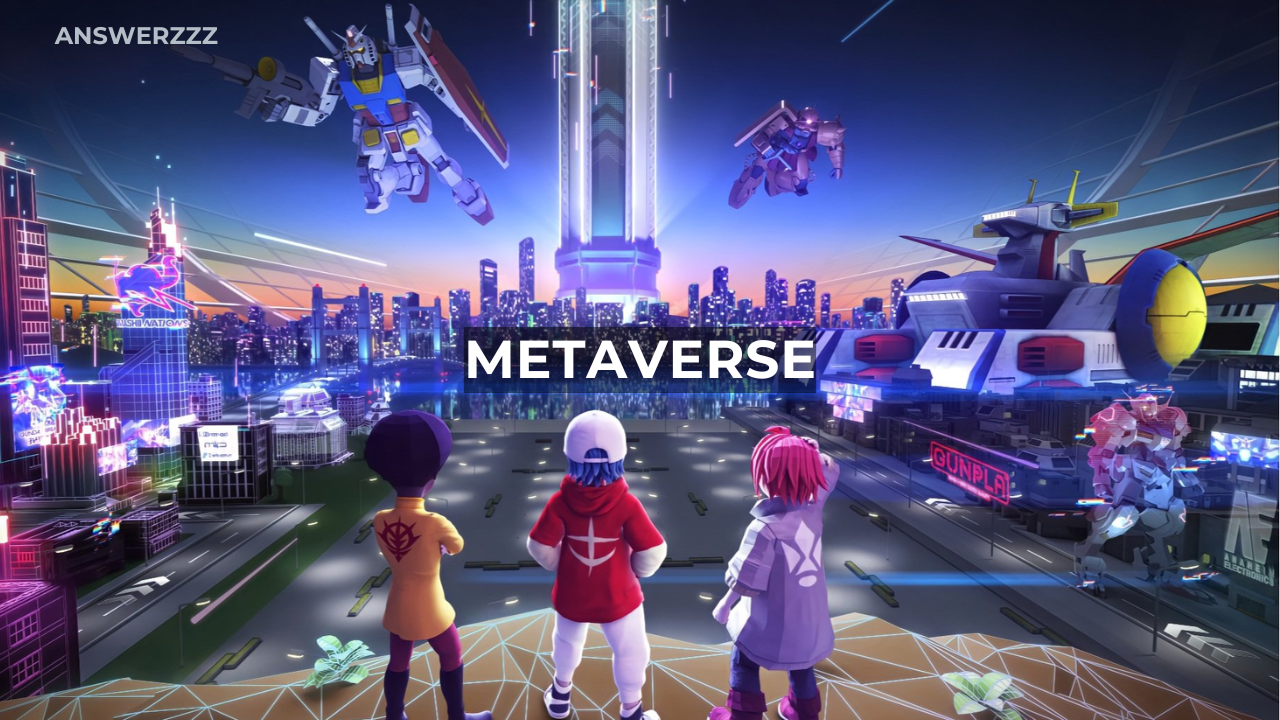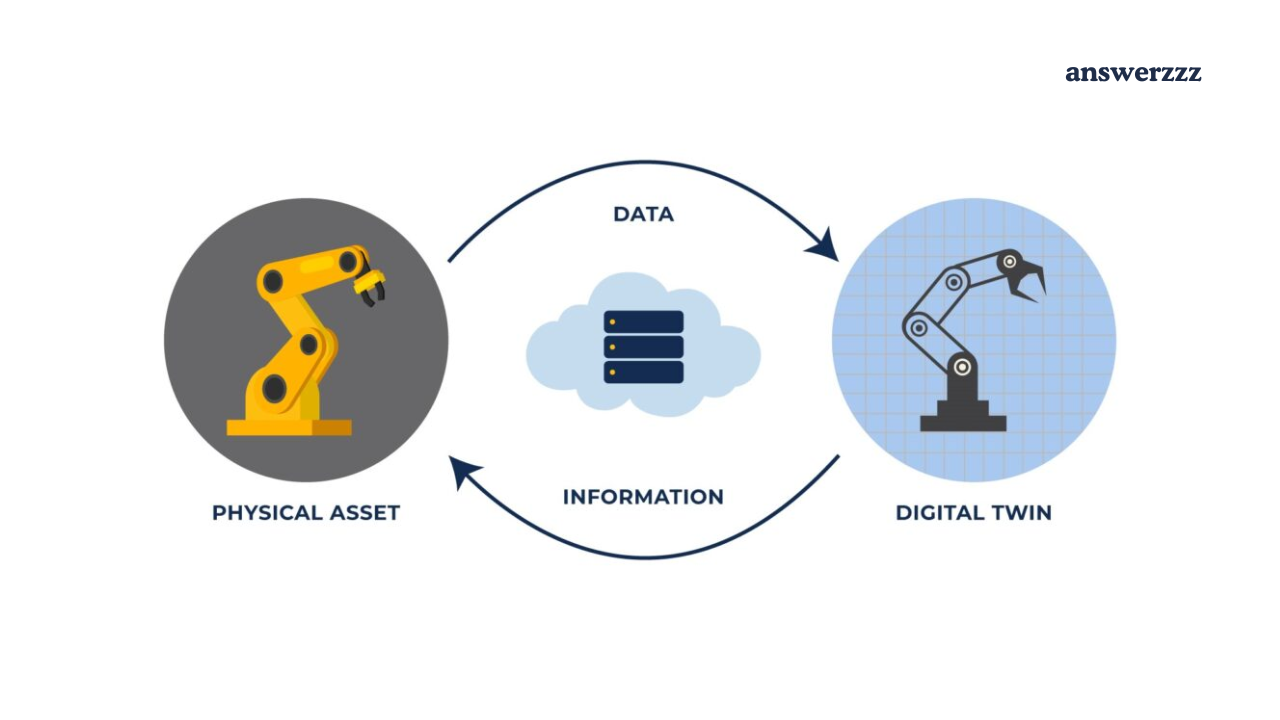The concept of the metaverse has rapidly gained traction in recent years, evolving from science fiction into a tangible reality. As a collective virtual space, the metaverse encompasses augmented reality (AR), virtual reality (VR), and the internet, providing users with immersive experiences and interaction capabilities that extend beyond traditional online platforms. This article delves into the myriad opportunities the metaverse presents across various sectors while also examining the significant challenges that accompany this digital frontier.
Understanding the Metaverse
Before exploring its implications, it is crucial to define what the metaverse entails. The term “metaverse” was popularized by Neal Stephenson in his 1992 novel Snow Crash, where he depicted a virtual reality space populated by avatars. Today, it refers to interconnected digital environments where users can socialize, work, and engage in a wide range of activities.
Key Features of the Metaverse
- Interactivity: Users can interact with each other and their environments in real time.
- Immersiveness: The use of VR and AR technologies creates a sense of presence and realism.
- Persistence: The metaverse continues to exist and evolve even when users are not logged in.
- Economy: It incorporates digital economies where users can buy, sell, and trade virtual goods and services.
Opportunities in the Metaverse
The metaverse offers transformative opportunities across various sectors, including entertainment, education, healthcare, and commerce.
1. Entertainment and Gaming
One of the most apparent opportunities lies in the entertainment sector, particularly gaming. The metaverse enables the creation of expansive virtual worlds where players can interact and engage in shared experiences.
- Immersive Gaming: Games in the metaverse offer experiences that go beyond traditional formats, allowing players to explore vast environments and interact with others seamlessly. Titles like Fortnite and Roblox have already demonstrated the potential of multiplayer experiences within this context.
- Virtual Concerts and Events: Artists can host concerts in the metaverse, reaching global audiences without geographical constraints. Events like Travis Scott’s virtual concert in Fortnite have showcased the viability and appeal of such experiences.
2. Education and Training
The metaverse presents innovative avenues for education and training, enabling immersive learning experiences that traditional methods cannot provide.
- Virtual Classrooms: Educators can create interactive classrooms where students can participate in lessons and discussions regardless of their physical location. This approach can enhance engagement and understanding.
- Professional Training: Industries such as healthcare, aviation, and manufacturing can leverage the metaverse for realistic training simulations. Medical students can practice surgeries in a risk-free environment, while pilots can experience flight simulations that mimic real-life scenarios.
3. Healthcare Innovations
The healthcare sector stands to benefit significantly from the metaverse, particularly in telemedicine and patient engagement.
- Telehealth Services: Virtual consultations in the metaverse can provide patients with more accessible healthcare options. Doctors can interact with patients more engagingly, enhancing the overall experience.
- Mental Health Support: Virtual environments can offer safe spaces for therapy sessions and support groups, making mental health resources more accessible to those in need.
4. E-commerce and Marketing
As shopping behaviours evolve, the metaverse offers businesses new ways to engage with consumers.
- Virtual Stores: Brands can create virtual storefronts where customers can browse and purchase products in an immersive environment. This experience can enhance product interaction and consumer engagement.
- Marketing Strategies: The metaverse allows for innovative marketing campaigns, leveraging influencers and virtual events to capture the attention of target audiences in ways that traditional advertising cannot.
5. Social Interaction and Community Building
The metaverse serves as a platform for social interaction, allowing individuals to connect with others worldwide.
- Community Engagement: Users can join virtual communities based on shared interests, hobbies, or goals. This fosters a sense of belonging and enhances social experiences.
- Networking Opportunities: The metaverse can facilitate professional networking in a virtual environment, enabling individuals to connect and collaborate regardless of their geographical location.
Challenges of the Metaverse
Despite the vast potential of the metaverse, several challenges must be addressed to ensure its successful development and implementation.

1. Technical Barriers
The metaverse relies on advanced technologies, which can pose significant barriers to entry.
- Hardware Limitations: High-quality VR and AR experiences often require expensive hardware, limiting accessibility for many users. Efforts must be made to create more affordable and widely available technologies.
- Internet Connectivity: A robust internet connection is essential for a seamless metaverse experience. In regions with poor connectivity, users may struggle to access these virtual environments.
2. Privacy and Security Concerns
The metaverse raises significant privacy and security issues, particularly regarding user data.
- Data Privacy: Users generate vast amounts of data while interacting in the metaverse. Protecting this data from unauthorized access and ensuring users have control over their information is paramount.
- Cybersecurity Threats: As the metaverse grows, so do the potential threats from cyberattacks. Ensuring the security of virtual environments against hacking, phishing, and other malicious activities is critical for maintaining user trust.
3. Regulation and Governance
The rapid development of the metaverse raises questions about regulation and governance.
- Lack of Standards: Currently, there are no universal standards governing the metaverse, leading to inconsistencies in user experiences and content regulation. Establishing clear guidelines is essential to create a safe and fair environment for all users.
- Legal Issues: Intellectual property rights, virtual currency regulations, and content moderation are just a few of the legal challenges that need to be addressed as the metaverse evolves.
4. Social and Ethical Implications
The metaverse’s rise brings forth various social and ethical considerations.
- Digital Divide: Access to the metaverse may be limited for individuals without the necessary technology or skills, exacerbating existing inequalities. Ensuring inclusivity and equal access is vital.
- Mental Health Effects: While the metaverse can provide support for mental health, it also poses risks, such as addiction to virtual experiences and social isolation. Understanding these effects is crucial for promoting healthy engagement.
5. Content Moderation
As user-generated content becomes a central aspect of the metaverse, effective content moderation becomes essential.
- Tackling Toxic Behavior: The metaverse must address issues related to harassment, hate speech, and other toxic behaviours to create a safe and inclusive environment for all users.
- Quality Control: Ensuring that the content generated within the metaverse meets community standards is crucial for maintaining user trust and engagement.
The metaverse represents a new frontier, offering a wealth of opportunities for innovation and engagement across various sectors. From transforming entertainment and education to revolutionizing commerce and social interaction, its potential is vast. However, as we embrace this digital evolution, it is essential to address the accompanying challenges to create a safe, inclusive, and equitable virtual environment. By fostering collaboration among technologists, policymakers, and communities, we can navigate the complexities of the metaverse and unlock its full potential for a better future.




